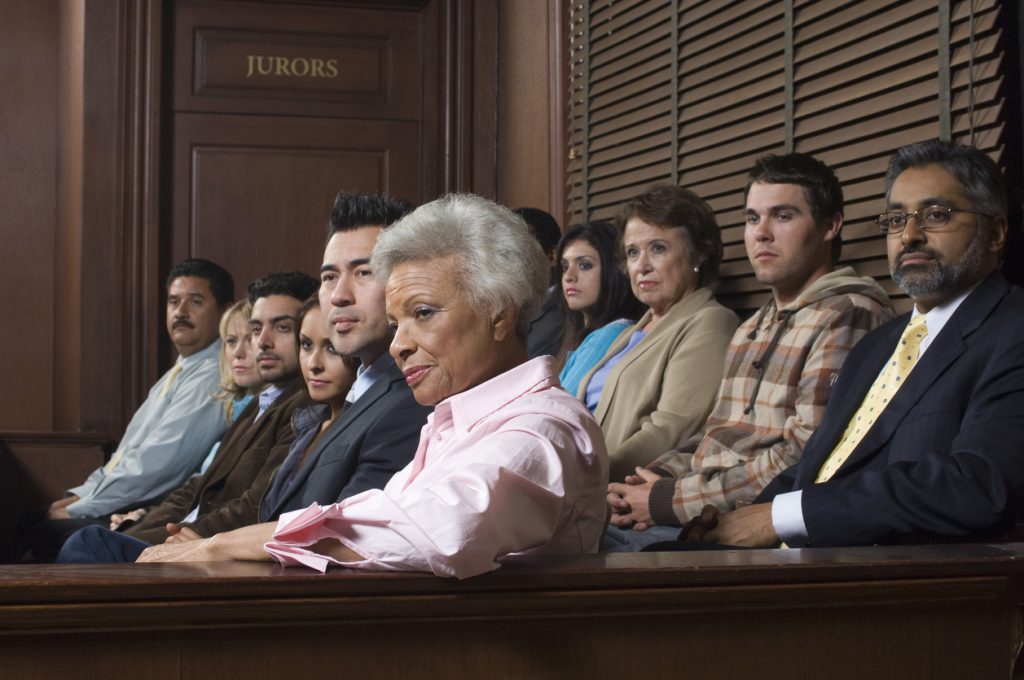A public defender is someone who represents people facing criminal charges from the government. But, instead clients paying them, public defenders receive their pay from the government. Put differently, public defenders represent people charged with a crime who can’t afford their own attorney.
Public defenders help protect the right to counsel guaranteed by the Sixth Amendment. The Sixth Amendment states that “[i]n all criminal prosecutions, the accused shall enjoy the right … to have the assistance of counsel for his defense.” Public defenders help make sure this happens.
How does a public defender’s office work?
In general, most public defender’s offices have one chief public defender. That person is the actual public defender. Then, these officers usually have several more attorneys known as assistant public defenders. All of these attorneys have the same license and can represent you in court.
In the Durham County Public Defender’s Office in North Carolina, for example, there is one chief public defender and 23 assistant public defenders, six legal assistances, two investigators, one social worker and one interpreter. Together, this group of individuals represent more than 15,000 people every year.

Are public defenders overworked and underpaid?
Yes. As you probably realized from the numbers above, public defenders and assistant public defender have huge caseloads. Based on those numbers alone, you’d have attorneys representing more than 600 clients every year. That’s a ton of cases. But that’s a normal caseload for public defenders in the U.S.
Even though they are overworked, public defenders are also underpaid. According to a recent study by National Association for Law Placement, Inc., the average starting salary for attorneys is around $135,000. For public defenders, the average is only around $47,500, a steep drop-off. Five years later, the disparity is even worse: $172,000 versus $64,000. Because most law-school graduates leave with around $100,000 in student-loan debt, becoming a public defender is almost impossible.
Is there a difference between a public defender and a court-appointed lawyer?
Yes. Public defenders are court-appointed lawyers. This is because, as the name suggests, a court appoints them to represent you. In this sense, you can’t “hire” a public defender. But not all court-appointed lawyers are public defenders. Courts can appoint private attorneys and lawyers from other organizations to represent people in criminal cases, too.

The Takeaway:
A public defender represents someone charged with a crime who can’t afford a lawyer. Like all other lawyers, they’ve been to law school and owe you the same representation as anyone else would. In fact, because public defenders spend all of their time working in criminal cases, public defenders are often some of the best attorneys you can find for a criminal case.






